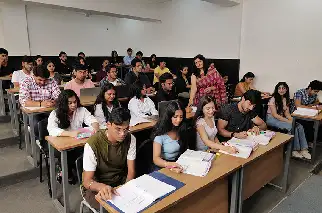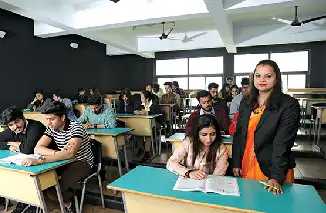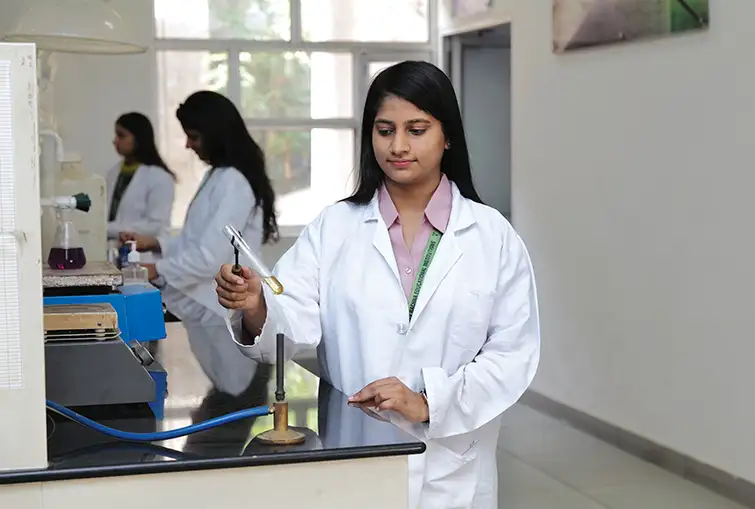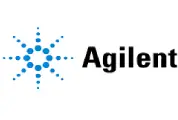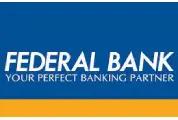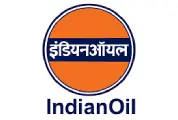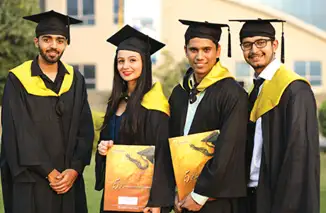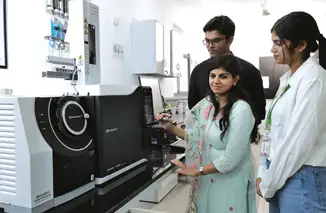M.Sc. Mathematics course is designed in such a way that permits the students to enhance their skills and knowledge on fundamental as well as advanced levels of mathematics. The gained knowledge is further nourished with various industry oriented courses taught in mode of value added courses.
To elaborate their research skills and to evolve their potential in writing research papers Scientific research is introduced in second and third semester, which involves identifying the problem, survey of literature, critical thinking, planning of experiment and execution followed by presentation of their work via seminars, poster/oral presentation in conferences and finally reporting and defending their master’s dissertation.




